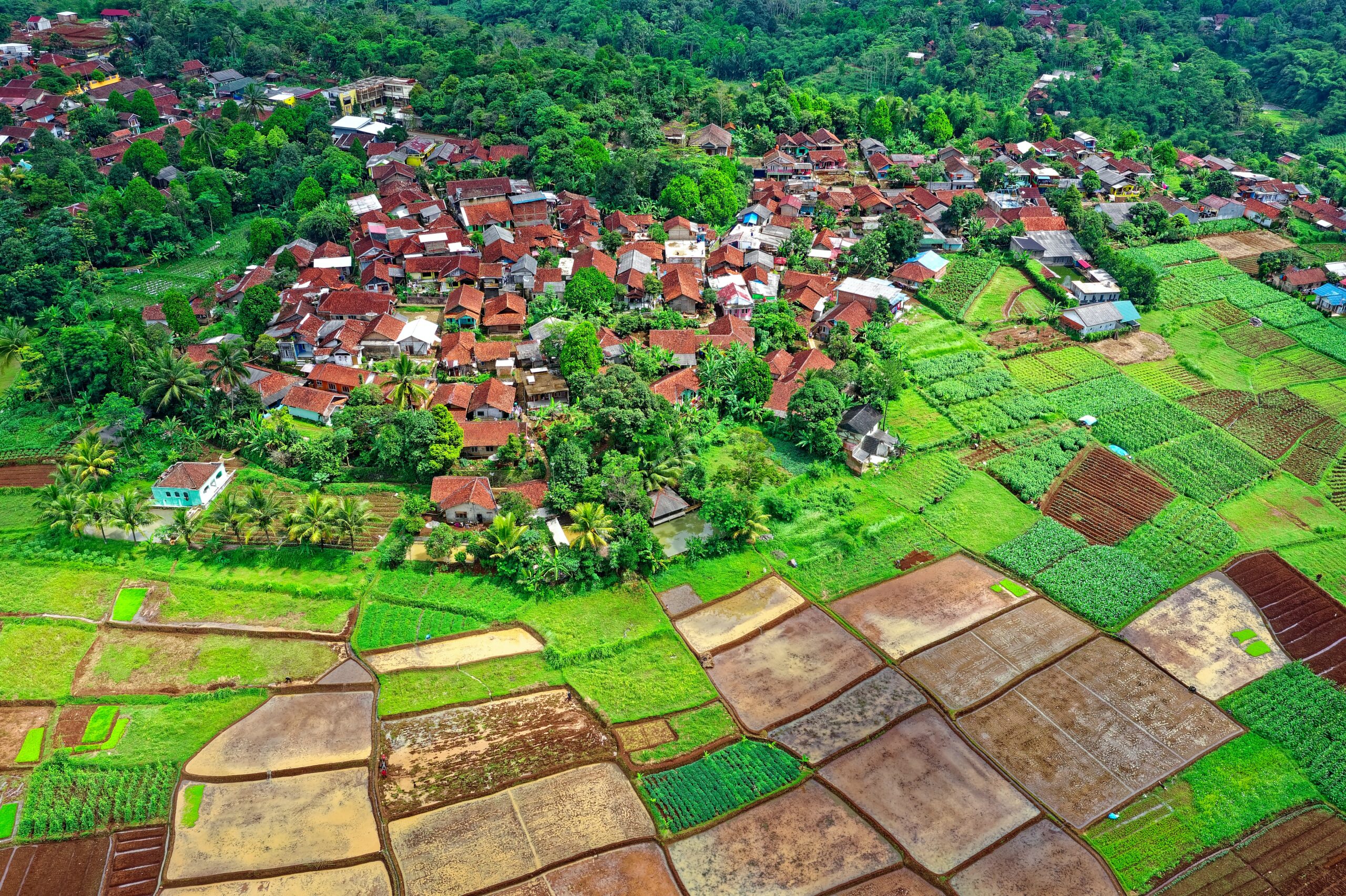Interests, Roles and Opportunities of Academia in Conflict Risk Reduction and Land and Natural Resources Conflicts Handling.
 26 September 2024
26 September 2024
As a country rich in natural resources, Indonesia often experiences conflicts over land and natural resources. These conflicts often involve multiple stakeholders, such as indigenous or local communities, companies, governments, and even international institutions. These conflicts are exacerbated by the conflicting interests of economic growth, environmental conservation, and the welfare of surrounding communities.
As investments in the natural resource sector increased, conflicts over land and natural resources have become increasingly complex issues that could trigger social instability and ultimately become a burden to stakeholders. Thus, efforts to mitigate conflict risks and handle conflicts have become urgent. An important aspect of managing conflict is having adequate knowledge of the conflict and the dynamics of its subjects and objects. Understanding and mastering this knowledge is fundamental if we want to find options for addressing the problems or conflicts faced. This is where the role of academics is expected.
As a group that has access to structured and systematic knowledge and research methods, academics can provide in-depth analyses that form the basis for mitigating and handling conflict. The ability to assess cases objectively (as close to the subject as possible) without bias is an advantage of academics. In this way, the core of the conflict, including its source and various factors impacting it, can be objectively identified, ultimately helping the parties to the conflict to explore options for resolution. With this objective and impartial approach, the results of a scientific assessment are more likely to be acceptable to the parties to the conflict.
Universities can also provide potential cadres for risk reduction and conflict handling initiatives. Through internship programs, capstone projects and other student activities, students can learn directly by participating in the conflict handling process (learning by doing). Thus, from an early age, students can understand the dynamics of conflict and develop into conflict management practitioners, such as effective assessors and mediators.
Meanwhile, a long-term approach is needed to reduce the risk of conflict. One of the most effective ways is through education. Academics can strengthen the campus as a site for the production and reproduction of relevant knowledge. For example, by including Alternative Dispute Resolution (ADR) material in the curriculum and even as a topic in work-study or internship program under the Merdeka Belajar Kampus Merdeka (MBKM). Academics have the space and opportunity to learn and be inspired on smart practices in conflict management and formulate innovative approaches such as ADR curriculum development and teacher training through research and community service activities.
One of the challenges is that so far ADR has been the concern of only a handful of academics in law schools with a socio-legal orientation. The mainstream in the legal academic world tends to be formal legalism. Moreover, ADR is actually an interdisciplinary methodology that is enriched by various other scientific disciplines such as psychology, anthropology, economics, politics, sociology, and even diplomacy and philosophy, so that it can provide a more holistic view of alternative solutions. In addition, community empowerment institutions (LPM), campus legal aid institutions (LBH), and other student organizations can be strategic platforms for academics to explore conflict management issues. The capacity of campus institutions to contribute to society can be strengthened through collaboration between academics and these institutions. Evenmore, it does not exclude the possibility of campuses collaborating with independent institutions working on conflict risk reduction and conflict management, such as CRU Indonesia.
The main question that often arises, however, is whether it is possible for academics to get involved in handling conflict. Experience has shown that teaching, as one of the Tri-Dharma of higher education, is often the main priority of academics and consumes the time and energy of most faculty, so that the dharma of research and community service is often less optimized. Furthermore, as agents of change, can academics deal with the political and economic pressures that often have an impact on research findings and solutions that are acceptable to all parties?
The opportunity to turn things around, however, is open. Lecturers, especially at the postgraduate level, are now expected to give a larger portion to research and community service programs. The teaching university paradigm is to be shifted towards a research-based university paradigm. For the study of (the science of) law, this means bringing theoretical studies closer to legal practice or laws that live and develop in society. In addition, it is also necessary to pay attention to the development of thinking about restorative justice as one form of conflict resolution and its adoption into the justice system (criminal-civil-administrative and others).
